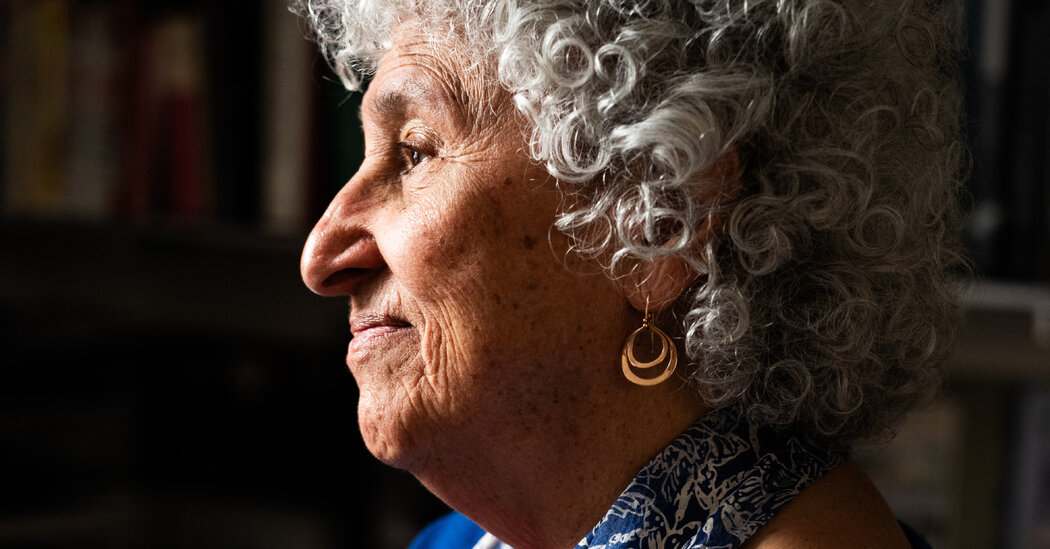On a dreary February afternoon in Westchester County, N.Y., the cooks, farmers, servers and other staff of the Stone Barns Center for Food and Agriculture convened over a roast beef dinner to hear Marion Nestle hold forth on the state of food politics.
Dr. Nestle, one of the country’s foremost experts on nutrition policy, was still trying to get her head around the political realignments of the prior months. After his win in November, Donald J. Trump selected Robert F. Kennedy Jr. to run his federal health department. The partnership produced a new take on an old slogan, “Make America Healthy Again.” It also led the McDonald’s-loving Mr. Trump to publicly criticize the “industrial food complex.”
The phrasing stood out to Dr. Nestle, a molecular biologist turned nutritionist who has spent decades pushing for stricter regulation of food additives and removing conflicts of interest from government health policy.
“He sounds just like me when he talks!” Dr. Nestle, who describes herself as “firmly left-wing,” told the crowd, eliciting laughter. “How is that possible?”
Dr. Nestle (pronounced NESS-ul) is not a name on the level of the chef Alice Waters or the food writer Michael Pollan. But among food activists and academics, she is considered one of the most influential framers of the modern food movement. She was among the first, in 2002, to lay the blame for America’s obesity epidemic at the feet of the food industry when she released “Food Politics,” a book of case studies illustrating how the industry manipulates government policy and the scientific establishment to its own ends.
Dr. Nestle was 65 when the book came out, and she could have stopped then. Instead, she has been on a run ever since, publishing a dozen more books, globe-trotting to deliver speeches and serving as a go-to source for journalists. But only now, at 88, does she seem to be reaching her peak. For years, Dr. Nestle’s ideas placed her in food policy’s progressive camp. But today, fears about food additives and environmental toxins are rampant, and some of her longest held and most passionate beliefs — about topics like regenerative agriculture, school lunches and additives — are marching toward the bipartisan center.
